How we support whānau
Where possible we try to keep whānau together. Taking tamariki into care is a last resort. We are working more and more with iwi and communities to support at-risk tamariki to stay with their parents.
-
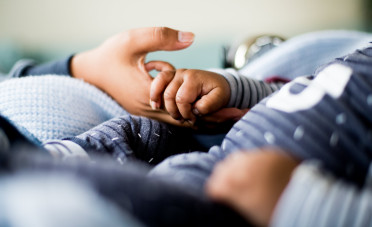
We are working earlier with whānau to support parents when there are concerns for a pēpi.
-
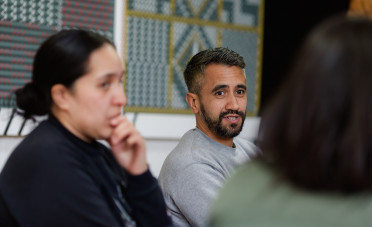
When we have concerns about the safety of a tamaiti, we hold a hui-ā-whānau – a whānau meeting that uses tikanga ways of thinking – to assess the needs of the tamaiti.
-
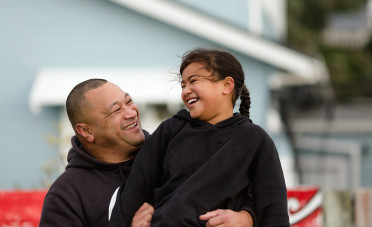
Our early support and intensive response services aim to keep tamariki safely with their whānau, with the help of community service providers.
-
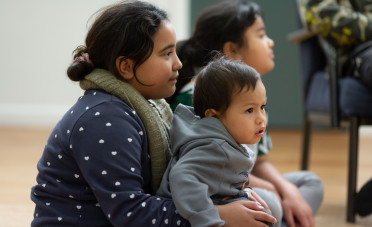
We are working to reduce entries into care for tamariki Māori, connect them to whānau, hapū and iwi and enable culturally responsive services, with the help of our partners.
-
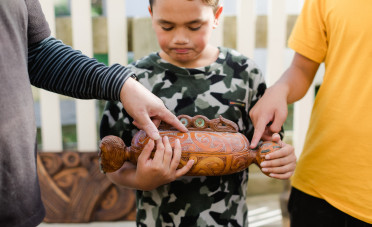
We do everything we can to place tamariki with caregivers from their wider whānau.
-
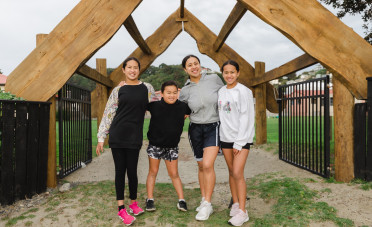
From age 15, rangatahi in care are supported by a transition worker as they prepare to leave care and move to the next stage in their life.
Published: September 1, 2023

